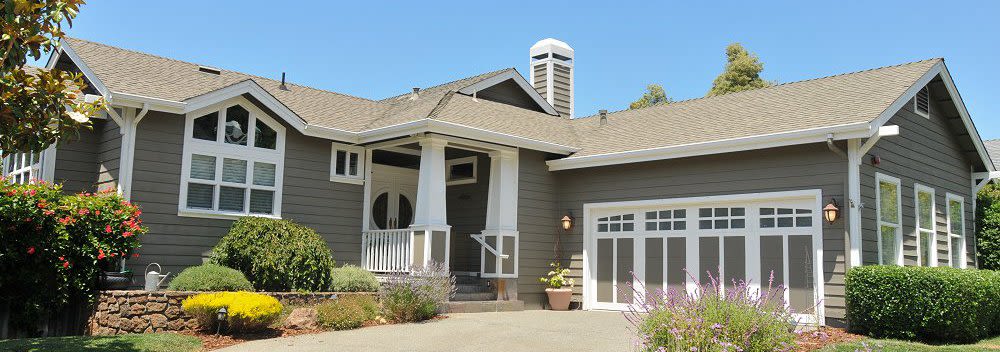
PASSING A FAMILY HOME FROM ONE GENERATION TO THE NEXT
There's great pride in passing a family home from one generation to the next. Sometimes, this allows relatives to remain in close contact under one roof and ensures attentive care to the elders and the children. But it can create a lot of conflict, too.
When a property passes from one generation to the next, it generally passes from a single owner, or a mom and dad, to a larger number of co-owners.
In some cases, there’s a fundamental question of who those co-owners are. Many families consist of half- or step-siblings, and different ones among them may have different rights under the law or the will. We are currently working on a case where the mother had a number of children from different marriages, all of whom are "distributees" - legal heirs, but not all of them are "legatees" named in the will. There are also some who died before her, so that their shares pass to their kids, or get redistributed to the survivors. As a result the proportions of ownership are different from what might have been expected, and the resulting owners are members of multiple generations.
A different set of questions arise when one or more of the heirs lives in the home, and others do not. Sometimes, they have lived there rent-free for years, and suddenly face the reality that their siblings or other relatives have become co-owners. In this case, the one in residence has to pay rent to the others, or buy out their shares, or allow the house to be sold and establish a new home elsewhere with their share of the proceeds. If there are any disputes over the proper division of the proceeds - and this is likely when one relative has lived in the house and either spent money on upkeep, or failed to do so - then the proceeds might not be distributed until long after the closing. That's a big problem.
Another recent case of ours involved a vacation home that passed from a father to his five adult children. Four of them have used the property amicably for years; one is less involved. This has created a good opportunity to enter into an agreement that anticipates the many problems that can arise among co-owners. It's an issue at the intersection of estate law and real estate law - our sweet spot. More on that in another post.
 Ron L. Meyers
Ron L. Meyers
Ron Meyers graduated from Columbia University in 1992, from Harvard Law School in 1999, and has been practicing law in New York City since 2000. He worked for several years in major law firms on commercial real estate matters, such as the World Trade Center, the creation of the High Line and the redevelopment of Times Square. He turned to private-client work in 2007, opening his own practice in 2009, where has now served over 1,000 clients. He and his team handle estate planning, probate and residential real estate matters for individuals, couples, and families of all kinds.
